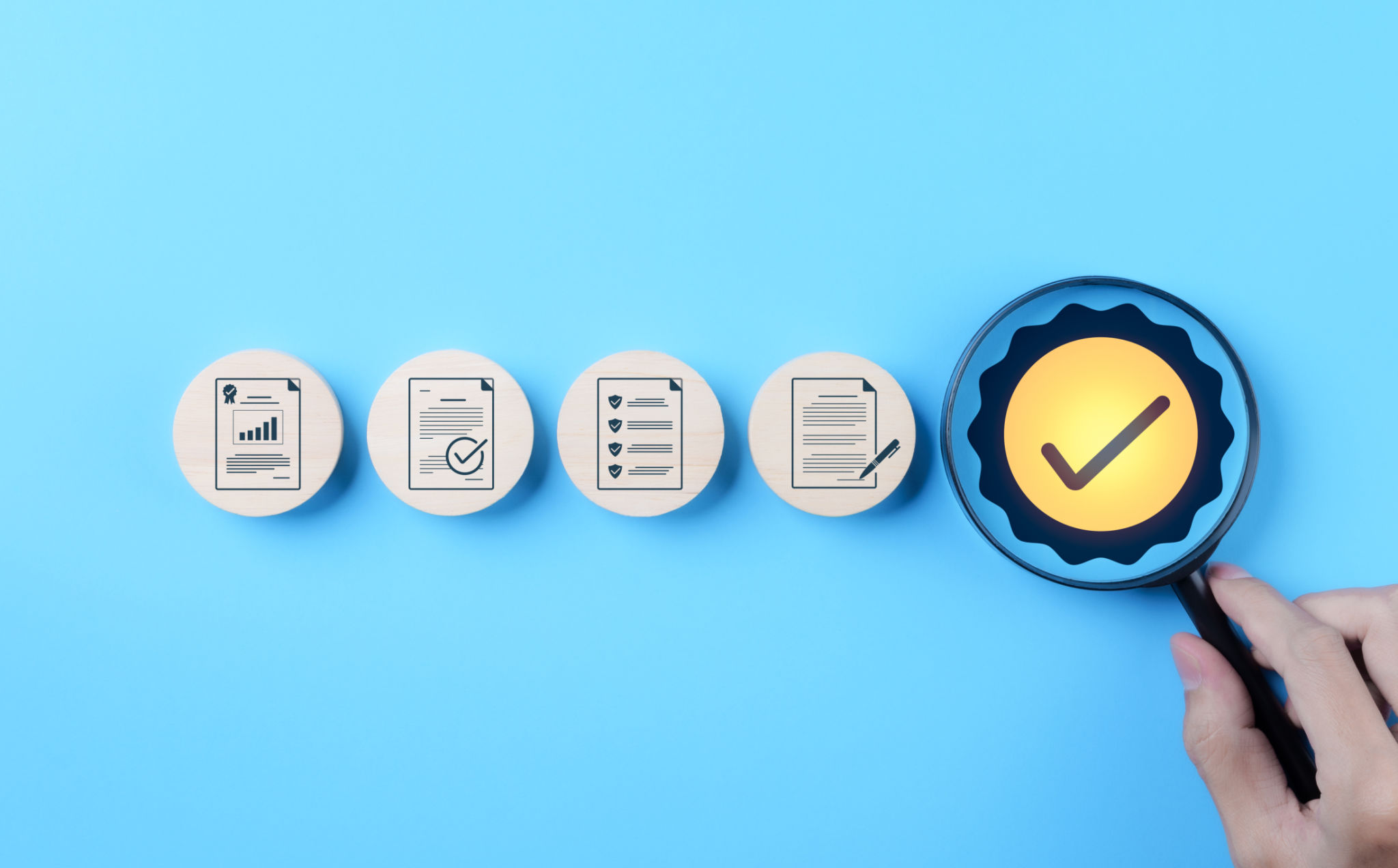Tokenisation of Real-World Assets: Opportunities and Challenges
Understanding Tokenisation
Tokenisation is the process of converting rights to an asset into a digital token on a blockchain. This groundbreaking method offers a modern way to represent ownership, making assets more accessible and tradable on digital platforms. The concept extends beyond cryptocurrencies, embracing real-world assets such as real estate, commodities, and even art.
The main advantage of tokenisation is its ability to democratize investment opportunities. By breaking down assets into smaller, more affordable units, tokenisation allows a broader range of investors to participate in markets previously reserved for high-net-worth individuals or institutional investors.

Opportunities in Tokenisation
Increased Liquidity
Tokenisation enhances liquidity by enabling fractional ownership. Investors can buy and sell tokens representing partial ownership in an asset, facilitating easier and faster transactions. This increased liquidity can make certain markets more attractive to investors who were previously deterred by illiquidity.
Global Reach and Accessibility
By utilizing blockchain technology, tokens can be traded globally, 24/7, without the need for intermediaries. This global accessibility allows investors from different parts of the world to participate in markets they otherwise couldn't access due to geographical or regulatory barriers.

Transparency and Security
Blockchain provides a transparent and immutable ledger, ensuring that all transactions are recorded permanently. This transparency reduces the risk of fraud and increases trust among participants. Additionally, the decentralized nature of blockchain enhances the security of asset ownership records.
Challenges in Tokenisation
Regulatory Hurdles
One of the primary challenges in the tokenisation of real-world assets is navigating complex regulatory environments. Each jurisdiction has its own set of rules regarding securities, and tokenised assets often fall into this category. Ensuring compliance is a significant hurdle for businesses looking to utilize tokenisation.

Technological Barriers
Implementing tokenisation requires sophisticated technology and infrastructure. Developing secure and scalable platforms for issuing and trading tokens can be resource-intensive. Moreover, integrating these platforms with existing systems poses additional challenges.
Market Adoption
The success of tokenisation heavily relies on market adoption. Investors, businesses, and regulators need to embrace this new approach for it to become mainstream. Building awareness and trust among these stakeholders is crucial but can be a slow and challenging process.
In conclusion, while the tokenisation of real-world assets presents numerous opportunities, it also comes with significant challenges. The potential to reshape investment landscapes is immense, but careful consideration and strategic planning are essential to overcome the hurdles ahead.